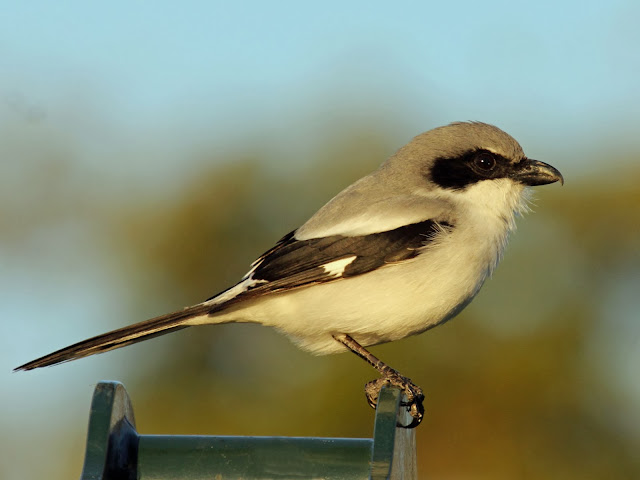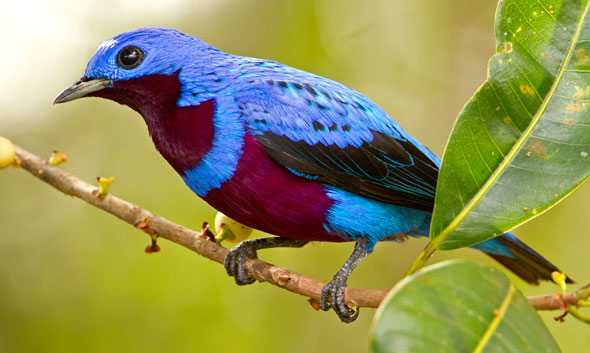Avian Bornavirus (ABV) is identified as the number one cause of PDD or Periventricular Dilatation Disease, also known as wasting disease.
PDD was first recognized in the late 70's. Initially, this mystery disease seemed to be limited to macaws, however most species in the Parrot and Waterfowl family have been recorded with the disease.
ABV infection is one of the most frustrating diseases encountered in avian medicine today. Institutions around the world continue to have researchers working on this virus.
The virus can be spread in many different ways including fecal matter, but can also be transmitted to the baby chicks through the egg. The first signs of the infection can be as short as days but may also be much longer, possibly decades, in some birds.
Two symptoms to be aware of are:
A) Gastrointestinal signs which is best seen in the fecal matter.
B) The primary neurological signs could be seizures, wobbling, and poor balance.
B) The primary neurological signs could be seizures, wobbling, and poor balance.
What determining factors are used to diagnose of this virus?
The infection is challenging in the living bird, but typically relies on blood tests. Your avian veterinarian may want to perform a crop biopsy by surgical removal of a small segment of the crop wall. This sample will be evaluated beneath a microscope for signs consistent with neuropathic ganglioneuris.
The glandular portion of the bird stomach is known as the proventriculus. Disease of the proventriculus leads to the inability to digest food normally. This disease combined with other symptoms such as depression and passage of undigested food in the feces would be indicators of PDD.
The infection is known to affect the nerves of the stomach which can cause ventricular inflammation. Symptoms of the virus include neuropathy and gastrointestinal problems.
There is evidence that the virus is widespread in parrots in the United States. The rates of infections up to 60% have been identified in birds that appear completely healthy. It is suspected since the infection can be difficult to confirm, infection rates are probably even higher.
What treatments are available birds with PDD?
There are no treatments that, without a doubt, stop the disease. Because of the inflammatory component of disease, avian veterinarians often prescribe anti- inflammatory drugs. The PDD patient frequently will rely on nursing care and a high quality, easily digestible diet.
If you have several birds, make certain to isolate the ill one. You also want to make certain to wash your hands frequently.
As always, if you suspect illness, seek the advice of an Avian Vet.










